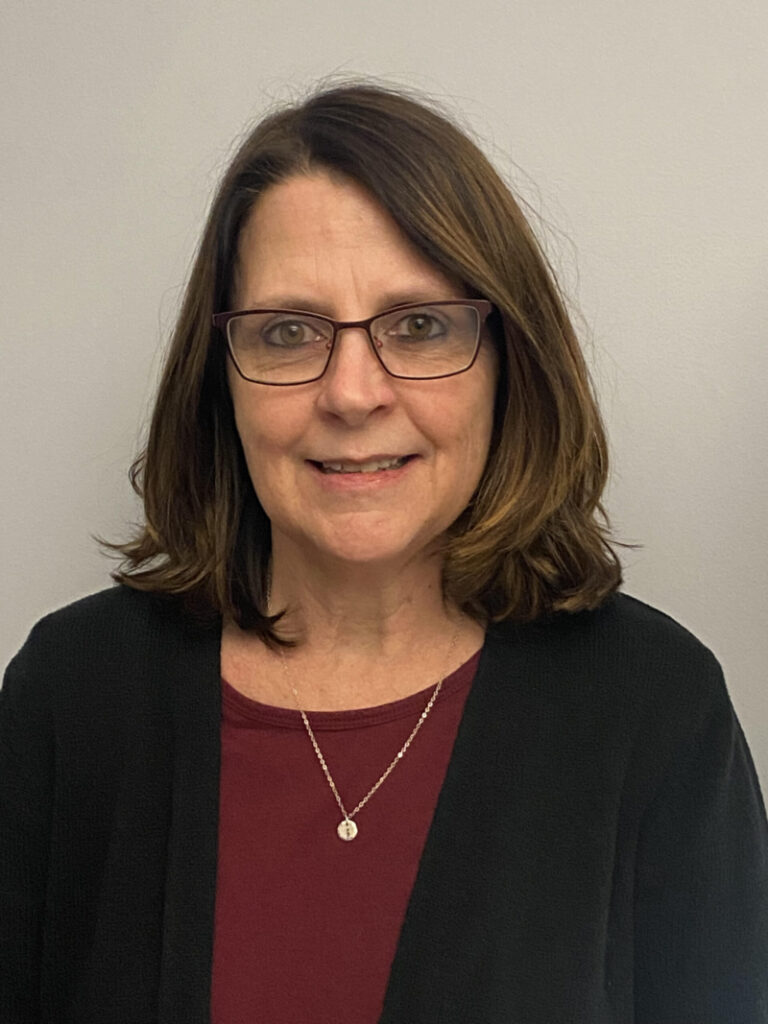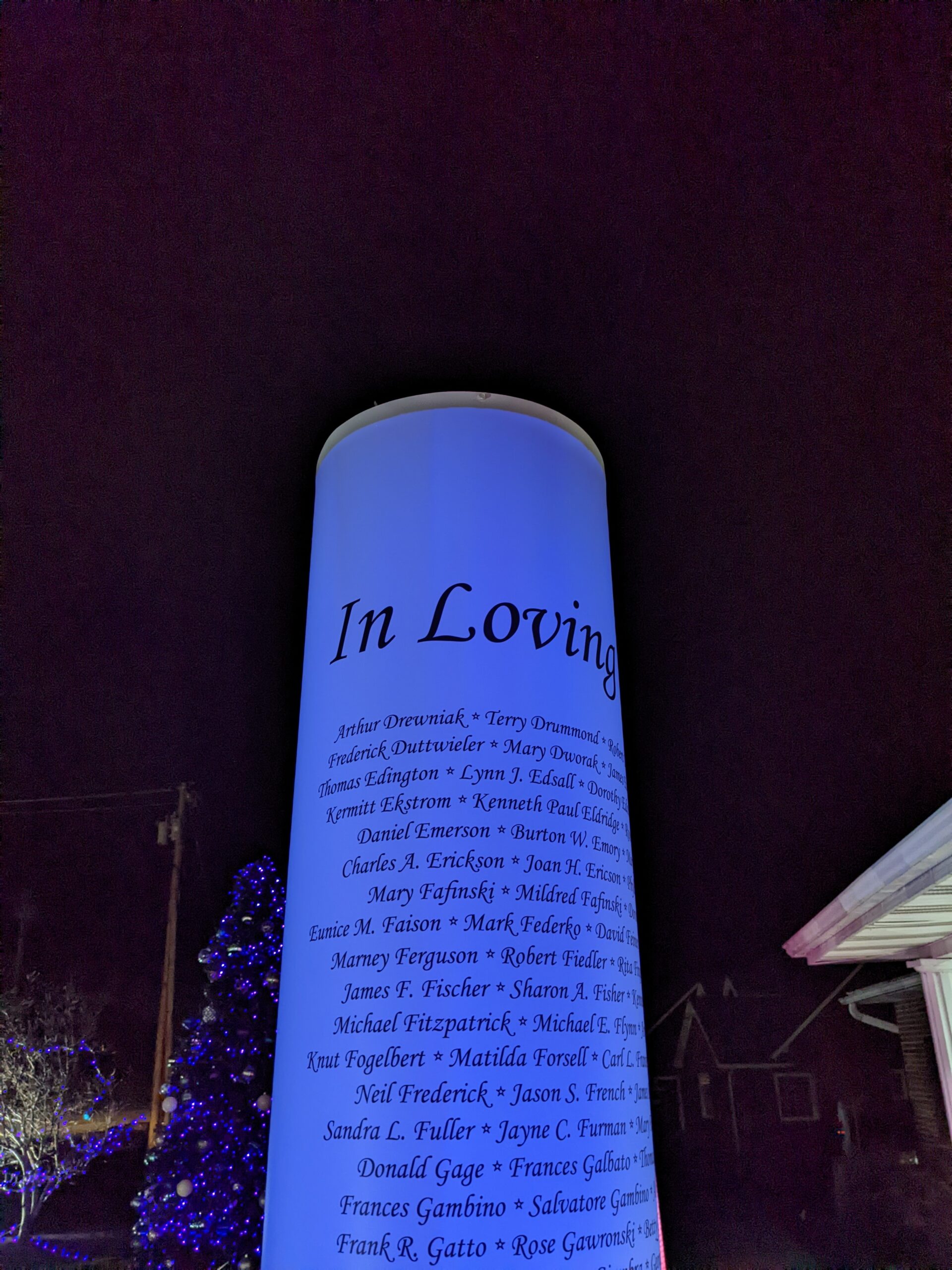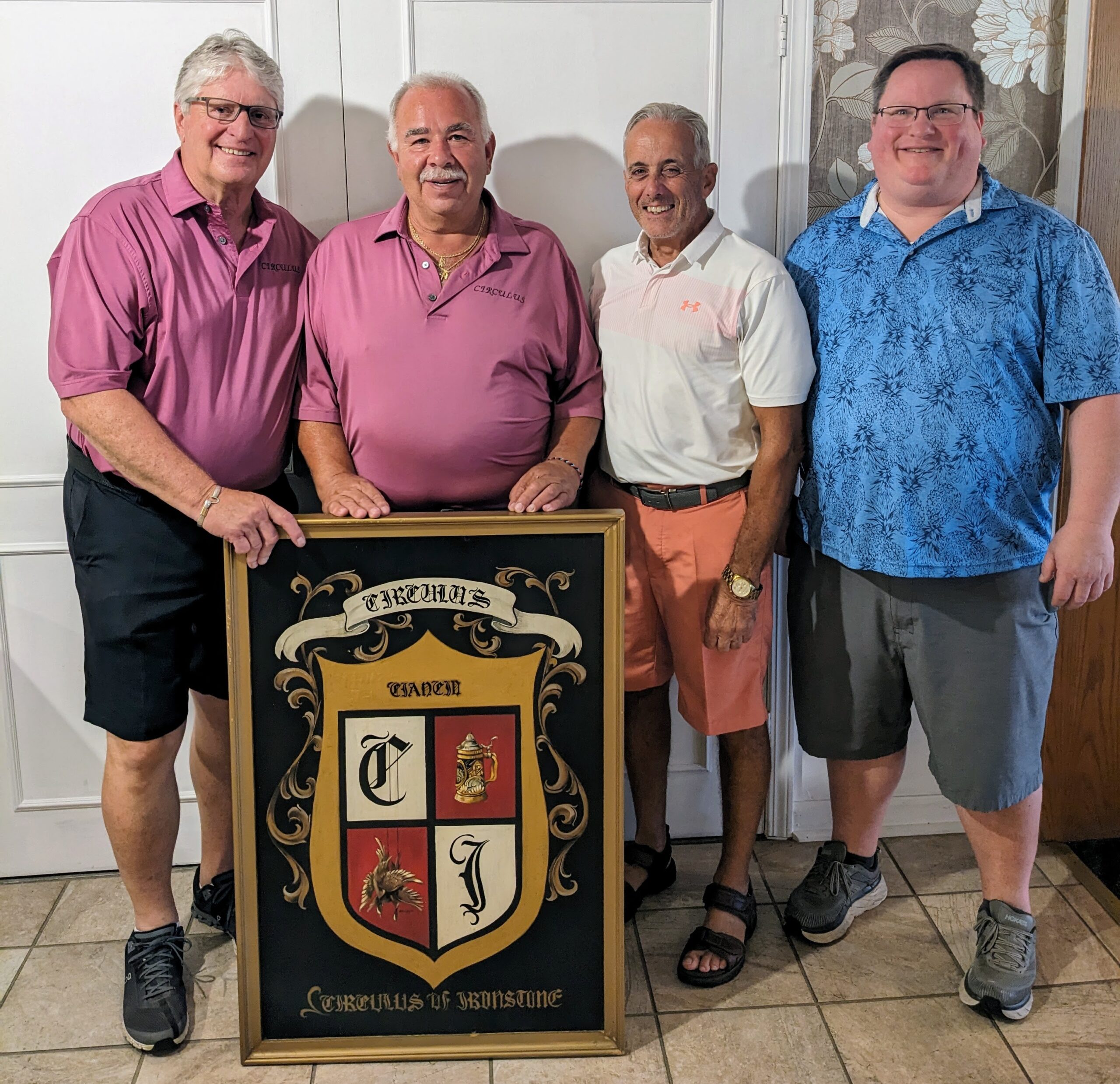Our paths in life seldom run according to plan. A significant loss can often shape who we are, sometimes upending our understanding of ourselves and our place in the world. And while this effect can have profound negative impacts on us, it can also lead to a change for the better.
For Julie Nagel, a licensed master social worker (LMSW), her path to hospice began with the loss of both her parents. At just 22, Julie lost her mother to breast cancer, and 10 years later, her father passed away as well. During her father’s final days, Julie wanted to bring him home from the hospital for hospice care, but struggled with his physician who didn’t have a hospice philosophy.
“In my first experience with my mom (in the mid-1980’s), hospice as we know it now, wasn’t an option. With my second experience, the medical professional we were dealing with at the time, although a very good doctor, did not have a hospice mindset,” said Julie.
To be clear, this is no defect in Julie’s father’s care. Rather, it reflects a prolonged shift over generations in our cultural awareness of specialized end of life care. In fact, even though the value of comfort care has been documented for centuries, it is only in the last 50 years that hospice as we know it has begun to enjoy broader public support.
These dual tragedies might have been too much for some, but they never broke Julie’s spirit–instead fueling the fire within her.
At 37, Julie went back to school to gain the skills she needed to effect change. “I went all the way through and got my master’s degree in social work with the primary goal of working for hospice,” Julie explains. “I wanted to be part of the hospice philosophy–to help make that change in my community.”
Julie speaks without bitterness or regret, but with a palpable determination to help others. She remembers the helpless feeling of not being able to provide the care her parents wanted and deserved, and it fuels her professional goals and core values to this day. “I am very motivated that this will not happen to other people.”
As a hospice social worker, Julie provides psychosocial and practical support to terminally ill patients and their families. This can include counseling, assistance with completion of advance directives, and coordinating with other healthcare providers and community resources. She also helps with practical tasks such as assistance with coordination of home management and transitions in care settings, among other tasks. Social workers’ contributions are critical to the overall care plan for every patient.
For Julie, her work is a perfect combination of her interests in the psychosocial aspects of a person and the healthcare world. “I always loved the medical world,” she says, having worked in and managed a doctor’s office for over 20 years prior to working for hospice. “The dying process does not exist solely within a medical vacuum; it is a holistic experience, affecting all persons emotionally, spiritually, and relationally.” The hospice team works together to provide this holistic care.
Julie’s goal is to help her patients and their caregivers recognize their strengths and capabilities during a difficult time, and she takes great pride in being able to provide guidance and support.
It’s never too late to be the impact we wish to see in the world. Despite challenges that might have overwhelmed someone else, Julie found the strength and determination to turn her pain into purpose. And while this may not be the path she anticipated, the difference she makes in the lives of others and for our community is undeniable.
Director of Marketing & Communications
Craig Garaas-Johnson





